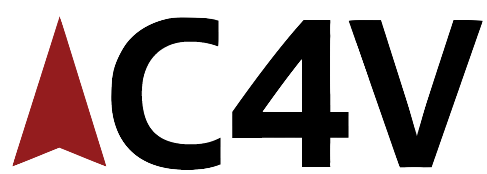Authentic Development

…[A]uthentic development must be integral in at least two ways. First, authentic development must be the development of the whole person, not just the narrowly understood development of economic growth or monetary income.
…The second way in which integral human development is integral is less discussed yet more radical. It is the idea that authentic development is the development of every person. On this view, “every person” does not mean every person below a certain threshold of income, well-being, or functioning. Integral human development is concerned with the development of every single person, whether they are marginalized peasants, powerful elites, or someone in between. The philosophical underpinnings of integral human development hold that truly authentic development requires not only that the poor be relieved of poverty but also that every person – rich or poor – stands together with others in a relationship of solidarity as members of the human family.
The idea that development involves the rich giving up wealth so that others may have a better standard of living is by itself not unfamiliar within the literature of development or of distributive justice. John Rawls (2009), Martha Nussbaum (2009, 2011), Amartya Sen (1981) and many others, have argued this point. What is so radical about integral human development is that on this view development is never simply a process in which monetary or other “sacrifices” by the rich are used to aid the poor. Within integral human development standing in relationships of solidarity enriches all who participate regardless of their initial holdings or wealth. Thus, the poor and the rich are beneficiaries of authentic development.
The position that every person benefits from participation in authentic development is inevitable when we recall that integral human development is concerned with development of the whole person in such a way that enables people to be more human where being more is distinct from having more. When this notion is taken seriously, it follows that economic and material resources are not the only benefits that emerge during authentic development.
When we add to this idea that standing in relationships of solidarity with others is an inherently human and a humanizing process, it becomes clear that all people who engage in processes of authentic human development are made more human and, therefore, benefit from their engagement in the process. It is in this way that integral human development is concerned with the complete development of every person.
This understanding of development radically shifts the development paradigm away from one in which aid, charity, or service, flows one way: from the rich “givers” to the poor “beneficiaries” or “takers.” Instead, within the integral human development perspective, authentic development integrates each and every person in a humanizing process of standing in relationships of solidarity as we strive together towards promoting the common good. The recognition of the human dignity of each and every person is both the means and the end of this process…
Excerpt from: “Integral human development”, chapter by Lori Keleher from: Routledge Handbook of Development Ethics (2018)



Leave a Comment